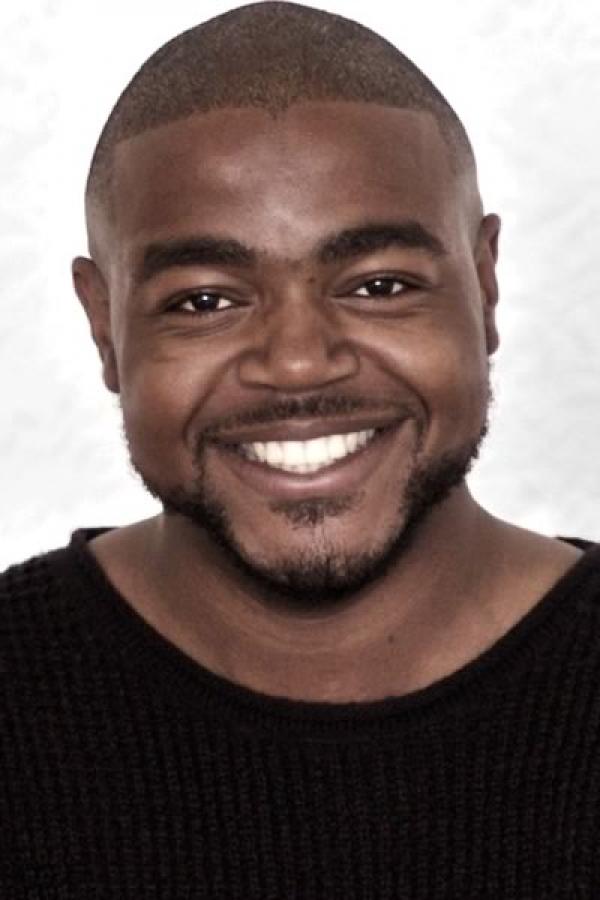Darrel Alejandro Holnes

Photo by Thomas Kuhn
Bio
Darrel Alejandro Holnes is a poet and playwright from Panama City, Panama, and the former Panama Canal Zone. His poetry has been published in American Poetry Review, Poetry Magazine, Callaloo, Best American Experimental Writing, and elsewhere in print and online. He is the recipient of various awards in poetry including the C.P. Cavafy Poetry Prize from Poetry International. He's also the recipient of grants from or scholarships and fellowships to the Bread Loaf Writers Conference, Canto Mundo, MacDowell Colony, Jerome Foundation, Lincoln Center Directors Lab, and the Cave Canem Foundation. His work in the arts has been recognized by the White House, Veterans of Foreign War, and the U.S. Congress. He received an MFA from the University of Michigan’s Helen Zell Writing Program. Holnes is currently the I Am Soul Resident Playwright at the National Black Theater, an assistant professor at Medgar Evers College, and teaches at New York University.
It’s an honor to have my work acknowledged by the National Endowment for the Arts with a Creative Writing Fellowship. As a Panamanian-American poet, forever between two countries, I write poems that explore the bridge and divide between my two national communities. So, in addition to this being a celebration of my work, this award is an acknowledgment of the importance of my communities’ stories, experiences, and histories, and for that, I’m most grateful.
This fellowship affords me the opportunity to commit more time to document, study, and write about these communities, and I’m excited to make that investment over the next few years. I’m also thrilled to become part of an incredible tradition of NEA writers, artists, and performers who continue to challenge this world to be a better place. Art is the best fortress and the NEA’s advocacy for and support of artists and the arts is vital to our weathering whatever storms may come our way; as a nation, it is vital to our thriving beyond our ancestors’ wildest dreams.
"Rihanna & Child"
The rude girl is with child in the Instagram pic. It’s not her baby.
She wears a costume that conservatives may describe as exotic and revealing.
I call her mi pana and mi pai. The baby pulls sequins off her bustier.
But she’s not afraid she won’t shine. I was raised by her kind.
She shows us how to celebrate carnival as a #badgirl
goddesss, tantalizingly #wifey material, playing
a benevolent stepmother with #milf appeal, taking
a break from dancing to hush a child in her auntie’s laundry room.
Over half a million followers like this portrait of Rihanna
as the black Madonna. In it her voluminous hair is a halo, her dazzling
headdress is a crown, a beaded curtain frames her
as a domestic deity with a washing machine for a throne.
Her breast sits ready to be clutched for comfort by
the bawling majesty in her arms. Over half a million
followers hail woman for nestling babe against her
bejeweled bustier. Millions more were raised by her kind.
Millions more once nestled on the chest of a mother’s uniform
or on the costume of an auntie close enough to be a stepmother,
taking care of others on break from dancing
soca or murga in the parade.
I was raised by her kind, dazzling and Amazonian,
running so fast through the hairspray that her wig almost
bursts into flames. She who fills beach dunes with matches,
feathers, rhythms, and milk bottles.
Her nude arms waving at parade people walking by,
her ribs cracking where the DJ drops the beat.
She is not afraid to die. Yes, I was raised by
women like that. I was raised by her kind.

